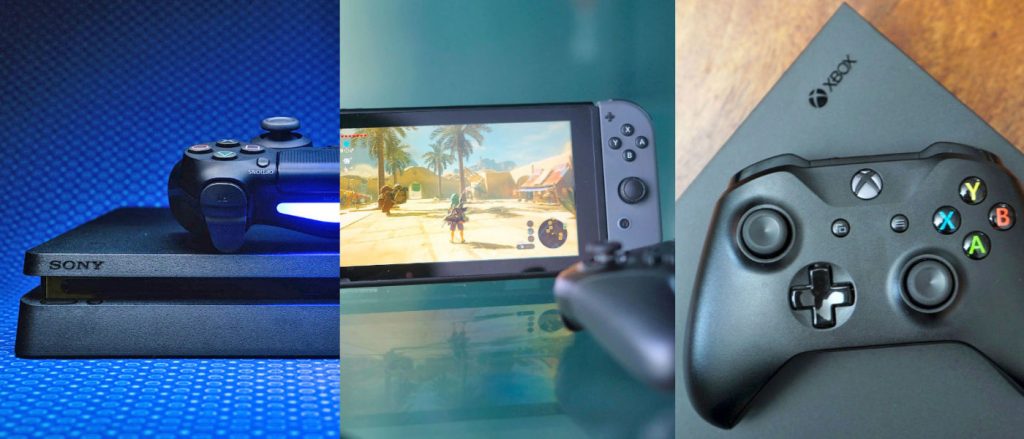Guillemot said he believes there will be one more generation of systems, but the industry will move to a more ubiquitous approach afterward. Rather than only being able to play a game on your Xbox, for instance, you’ll be able to stream it on nearly any device you own.
“I think we will see another generation, but there is a good chance that step-by-step we will see less and less hardware,” Guillemot continued. “With time, I think streaming will become more accessible to many players and make it not necessary to have big hardware at home.”

GameFly Streaming, for example, is already using this approach. They allow you to play AAA games using a device like a smart TV or Amazon Fire TV Stick, but this removes the sense of ownership players have with their games. Should these services shut off at some point in the future, it could render these games useless.
Is Guillemot correct? With the current consoles still selling so well, it’s hard to tell. Microsoft faced extreme backlash when the Xbox One was first announced in 2013, as it was originally going to require players to stay online and would include restrictions for used games. This was subsequently reversed before the system came out, and despite the recent advances in streaming technology, moving forward in this direction without giving players the option to own their games could result in similar disagreements.
This approach would stand in stark contrast to what Nintendo is doing, as well. The Switch can be taken on the go and doesn’t feature any sort of 4G or LTE functionality, meaning that games must be fully installed in advance. There has been some experimenting with streaming games like Resident Evil 7 on the console in Japan, but there don’t appear to be any plans to bring it to the states.
Comment on this article and other GadgetGram content by visiting our Facebook page, or our Twitter and Instagram feeds.





